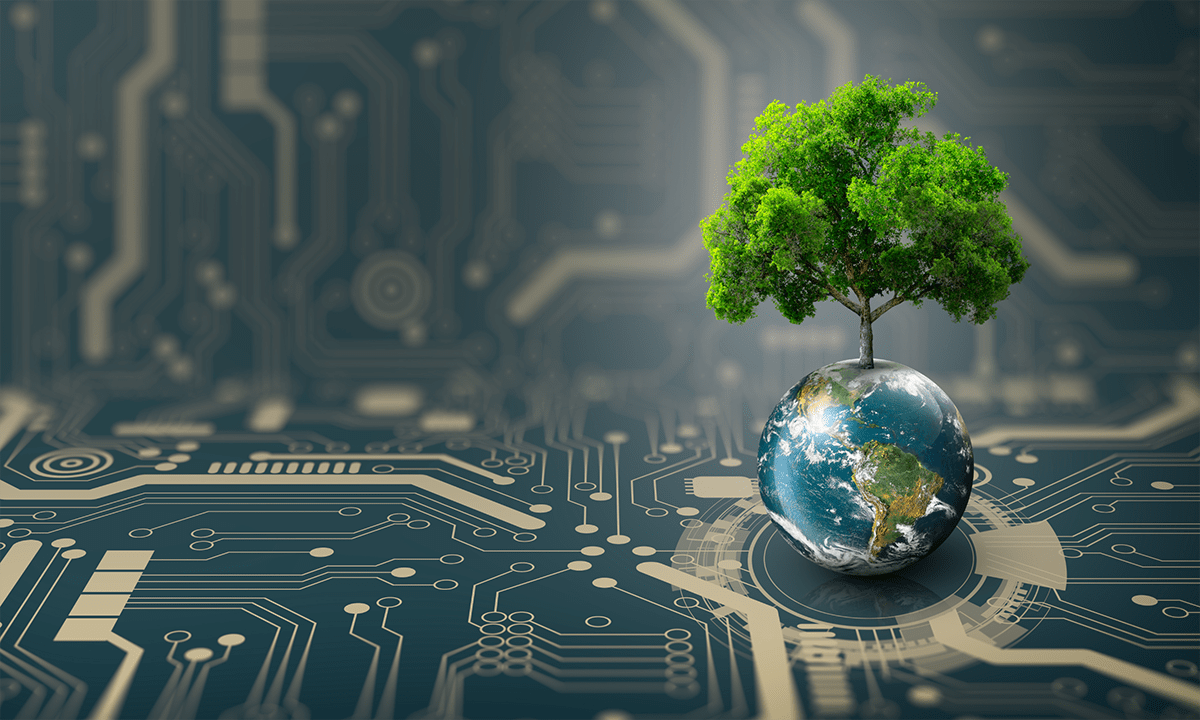
More calculate cause higher electrical energy intake, and ensuing carbon emissions. A 2019 research study by scientists at the University of Massachusetts Amherst approximated that the electrical energy taken in throughout the training of a transformer, a kind of deep knowing algorithm, can discharge more than 626,000 pounds (~ 284 metric lots) of co2– equivalent to more than 41 round-trip flights in between New york city City and Sydney, Australia Which’s simply training the design.
We are likewise dealing with a surge of information storage. IDC tasks that 180 zettabytes of information– or, 180 billion terabytes– will be produced in 2025 The cumulative energy needed for information storage at this scale is massive and will be challenging to deal with sustainably. Depending upon the conditions of information storage (e.g., hardware utilized, energy mix of the center), a single terabyte of kept information can produce 2 lots of CO2 emissions every year. Now increase that by 180 billion.
This existing trajectory for heightening AI with an ever-growing ecological footprint is just not sustainable. We require to reconsider the status quo and alter our techniques and habits.
Driving sustainable enhancements with AI
While there are unquestionably severe carbon emissions ramifications with the increased prominence of AI, there are likewise massive chances. Real-time information collection integrated with AI can really assistance services rapidly recognize locations for functional enhancement to help in reducing carbon emissions at a scale.
For instance, AI designs can recognize instant enhancement chances for elements affecting structure performance, consisting of heating, ventilation, and a/c (HEATING AND COOLING). As a complex, data-rich, multi-variable system, a/c is appropriate to automated optimization, and enhancements can cause energy cost savings within simply a couple of months. While this chance exists in practically any structure, it’s particularly beneficial in information centers. A number of years earlier, Google shared how executing AI to enhance information center cooling lowered its energy intake by as much as 40%.
AI is likewise showing efficient for executing carbon-aware computing. Instantly moving computing jobs, based upon the schedule of renewable resource sources, can decrease the carbon footprint of the activity.
Also, AI can assist decrease the ballooning information storage issue formerly pointed out. To deal with the sustainability issues of massive information storage, Gerry McGovern, in his book World Wide Waste, acknowledged that as much as 90% of information is unused– simply kept. AI can assist identify what information is important, needed, and of high adequate quality to require storage. Unneeded information can just be disposed of, conserving both expense and energy.
How to develop AI tasks more sustainably
To properly carry out AI efforts, all of us require to reconsider a couple of things and take a more proactive technique to creating AI tasks.